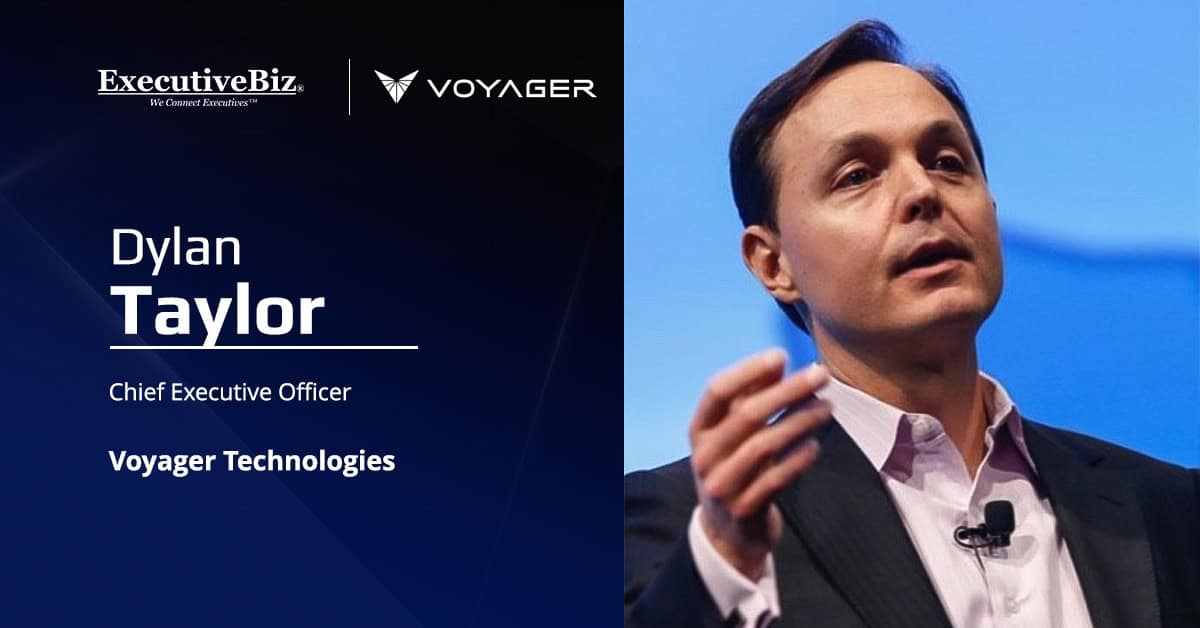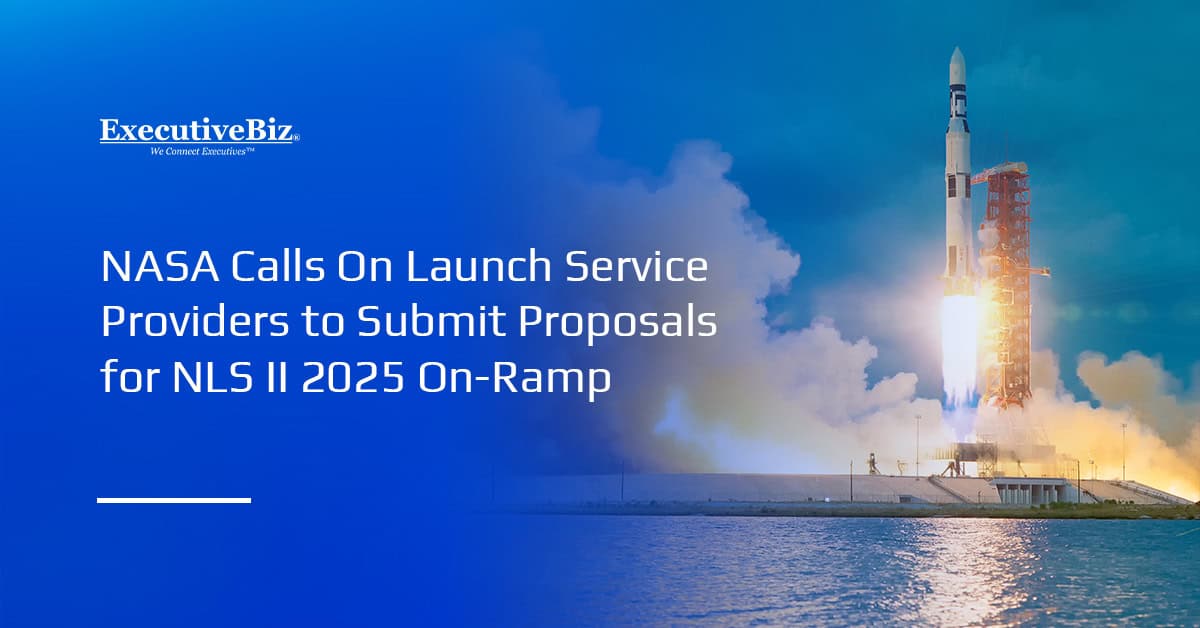Peraton has demonstrated the capabilities of its artificial intelligence-powered control technology to pilot robotic systems in challenging environments and provide forces with situational awareness.
In a series of tests, the technology, called Adaptive Control with AI, or ACAI, was installed on a damaged military ground vehicle and a crane conducting simulated ship-to-ship replenishment, Peraton said Monday.
Peraton ACAI Test Findings
In a test performed in June 2025 at Sandia National Labs, Peraton equipped the ACAI on a moving platform and tasked the control technology to insert a cylindrical payload into a silo to simulate missile logistics at sea.
The exercise aims to evaluate the potential use of the technology for Underway Replenishment, or UNREP. A critical logistical challenge for the Navy, UNREP enables deployed ships to receive supplies and continue their mission without returning to port.
Because replenishment is done at sea, payloads can sway wildly, potentially damaging personnel and equipment. ACAI has shown promise by demonstrating its ability to minimize payload swing and avoid collisions, enhancing operational safety.
In an earlier test, ACAI was installed on a broken Army robotic vehicle to maneuver a complex terrain. The technology enabled the broken vehicle to adapt to its damage and environmental conditions. According to Peraton, the vehicle changed its posture on a slippery incline to prevent rolling over and took into account high wind conditions to avoid toppling over.
How ACAI Works
The system is equipped with machine learning, computer vision, controller synthesis, physics modelling and nonlinear optimization technologies. It can learn the robotic system’s operating capabilities and limitations and study its environment to carry out its mission.
“We are proud to be at the forefront of developing cutting-edge technology that directly supports critical missions,” commented Todd Borkey, chief technology officer at Peraton. “By advancing autonomous systems, we are helping government agencies seamlessly integrate AI and machine learning into their operations, architecture and systems.”
ACAI is backed by the Defense Advanced Research Projects Agency’s Learning Introspective Control program.





